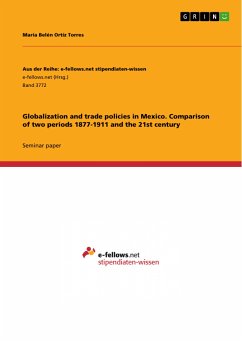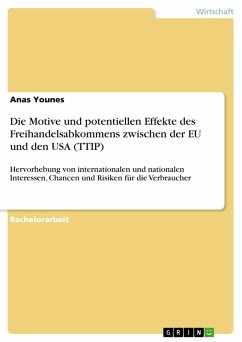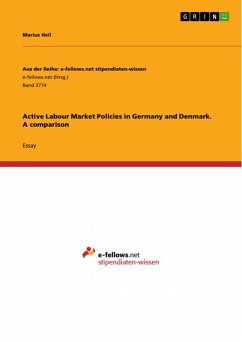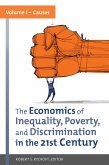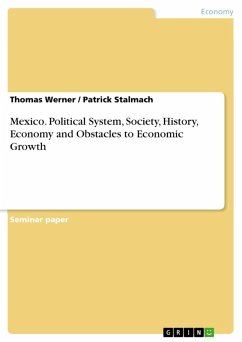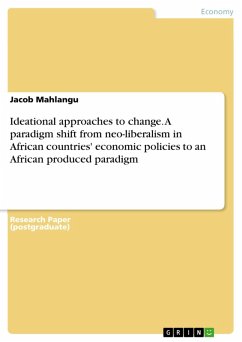Seminar paper from the year 2020 in the subject Business economics - Economic Policy, grade: 1,0, University of Bayreuth, course: Economic History of France in Globalization, language: English, abstract: This paper analyzes the degree of Mexico's global integration focusing on trade, ignoring other characteristic aspects of globalization, for example, migration and free capital mobility. Specifically, three aspects of international trade will be taken as indicators of globalization grade: Trade strategy, tariff level, and openness ratio. Finally, the main research questions that this paper poses are the following: Can Mexico be seen as a more globalized country today when we compare its trade policies in the period between 1877 and 1911 and the 21st century? Or did Mexico fall under the recent "wave of protectionism"? In economic history, the period right before World War I, which is frequently known as the first wave of globalization, is the time when most of the developed economies went through a trade liberalization process. On the one hand, this fact makes it interesting to look at Mexico during the Porfiriato (1877-1911), since the country was also experiencing a pro- found reformation of its economy after 300 years of colonialization history and decades of turbu- lences after independence. During recent years, principally after the global financial crisis in 2007- 2008 on the other hand, the voices of trade protectionism became lauder, especially considering the use of tariffs as a political sanction of the current President of the United States, Donald Trump (Kommerskollegium, 2016, p. 2; Bundesverband der Deutschen Industrie, 2020). Therefore, this paper aims to briefly investigate if the new "wave of protectionism" also reached Mexico.
Dieser Download kann aus rechtlichen Gründen nur mit Rechnungsadresse in A, B, BG, CY, CZ, D, DK, EW, E, FIN, F, GR, HR, H, IRL, I, LT, L, LR, M, NL, PL, P, R, S, SLO, SK ausgeliefert werden.

